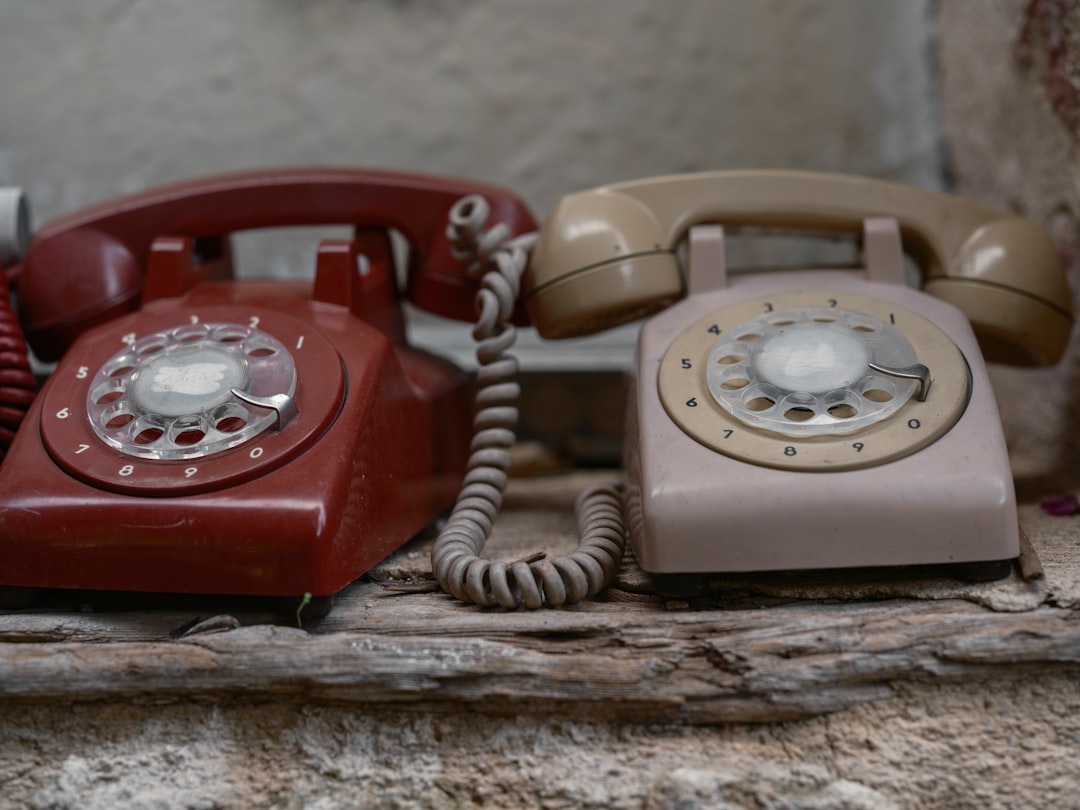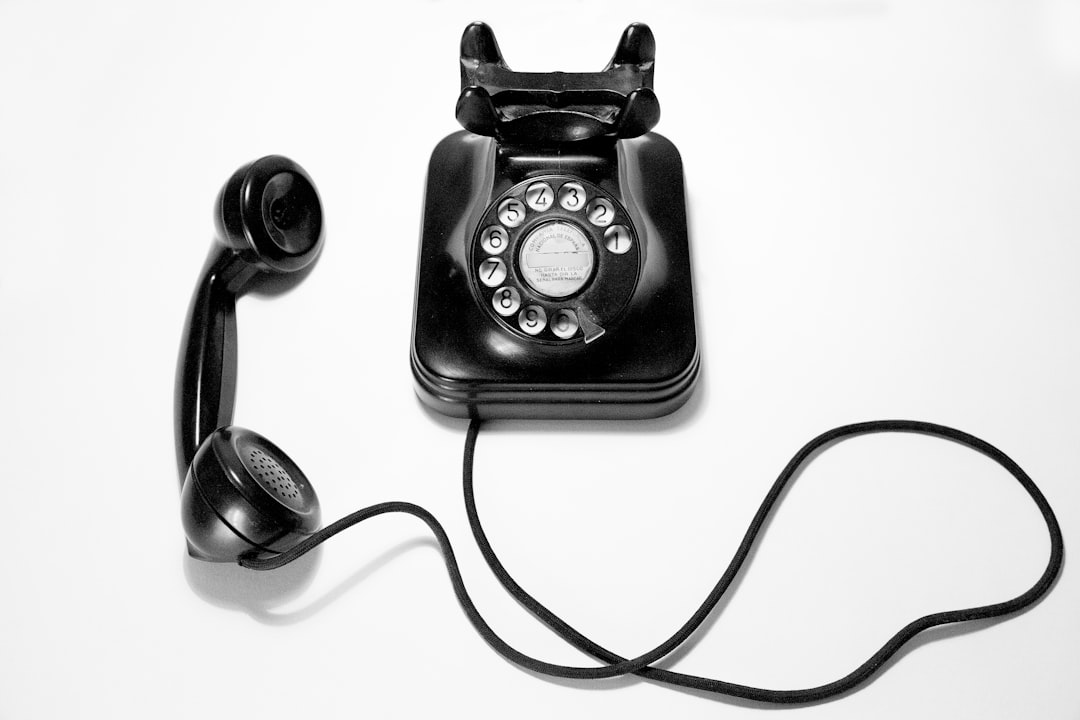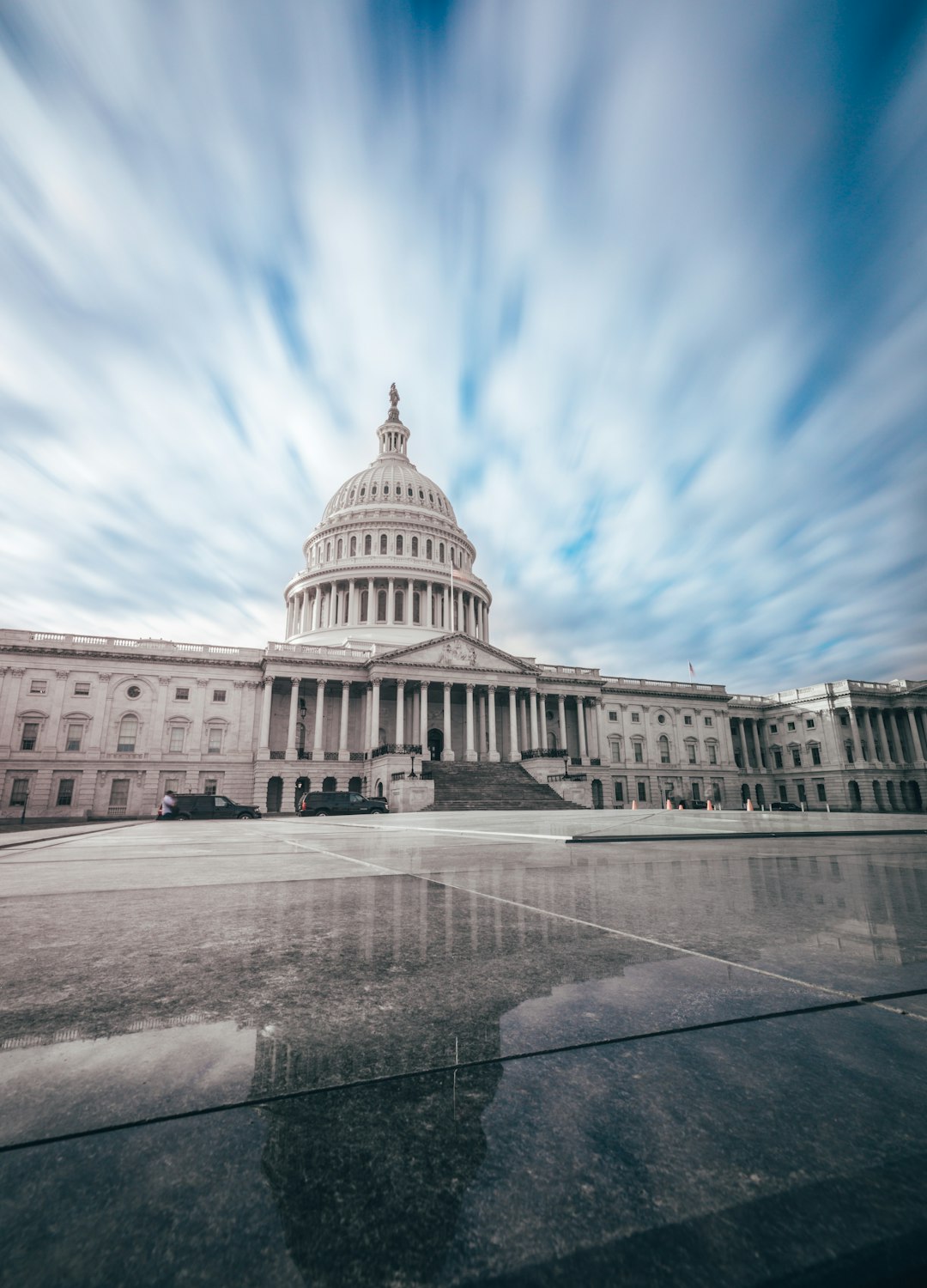Unwanted call lawyers in Washington are essential for protecting consumers from harassing phone calls by enforcing "Do Not Call" registries, as established by federal laws like the TCPA. They help clients understand their rights, investigate violations, and take legal action against companies ignoring do-not-call status. While the registry reduces automated telemarketing calls, it doesn't stop all unwanted calls from personal or local businesses. These lawyers guide individuals through the complexities of phone marketing regulations, ensuring business compliance and consumer rights protection in Washington State.
“Unpacking the Myths Surrounding Do Not Call Registries” reveals the truth behind common misconceptions about unwanted calls and their legal protections. In today’s digital age, understanding the Do Not Call Registries (DNC) is crucial for consumers seeking respite from intrusive phone calls. This article navigates a labyrinth of regulations, offering insights from a legal perspective. We debunk myths, explore the role of lawyers in Washington state, and provide guidance for those seeking relief from unwanted call persistency. Uncover the facts and empower yourself with knowledge.”
Understanding Do Not Call Registries: A Legal Perspective
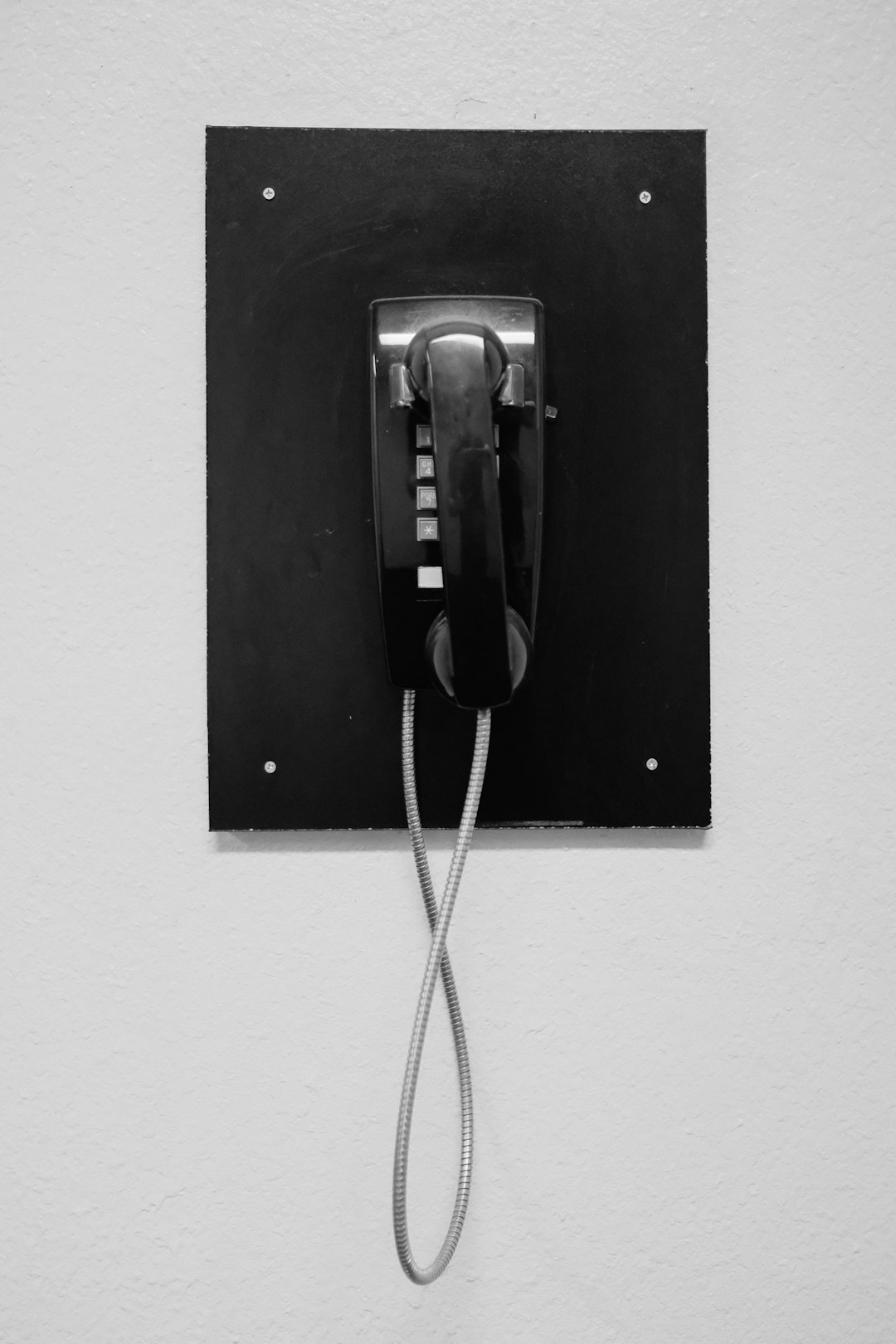
Do Not Call Registries, legally known as “No Call” or “Do Not Disturb” lists, are mandated by various states and federal laws to protect consumers from unwanted phone calls. These registries serve as a crucial tool for consumers to manage their privacy and avoid harassing telephone solicitations. In the US, the Telephone Consumer Protection Act (TCPA) of 1991 established the framework for such registries, allowing individuals to register their telephone numbers to opt-out of telemarketing calls. Unwanted call lawyers in Washington, and across the nation, play a vital role in ensuring these laws are adhered to, protecting consumers from violators who might abuse the system or ignore do-not-call preferences.
When a consumer registers their number on a national or state Do Not Call Registry, they convey their explicit intention to limit marketing calls. This action triggers legal protections that prevent telemarketers and sales calls from contacting the registered phone number without prior express consent. Unwanted call lawyers assist clients in understanding these rights, investigating potential violations, and pursuing legal action against companies that disregard the do-not-call status of a consumer’s number.
Debunking Common Myths About Unwanted Calls
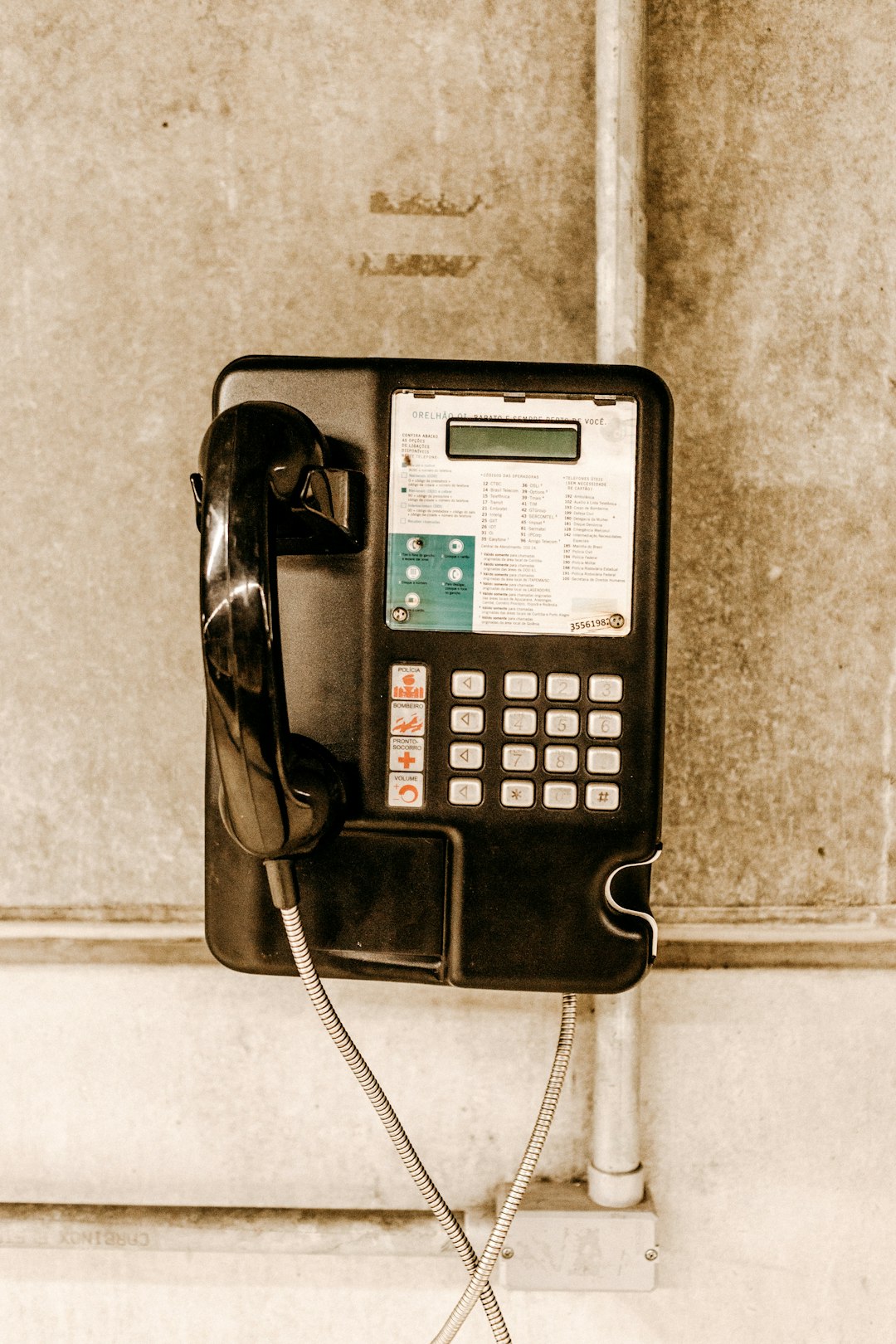
Many people believe that signing up for a Do Not Call Registry automatically stops all unwanted calls, which is a common myth. It’s important to understand that these registries primarily apply to telemarketing calls from companies or organizations using automated dialers. Personal or casual calls from friends, family, or local businesses may still reach you, even if your number is listed. This is where the expertise of unwanted call lawyers Washington can be invaluable. They can guide individuals on navigating these complexities and understanding their legal rights regarding unwanted phone calls.
Another misconception is that registering your number makes it impossible for businesses to contact you. In reality, the Do Not Call Registry only restricts automated or prerecorded telemarketing calls. Businesses still have the option to call manually and are not penalized for doing so. Therefore, while it’s a valuable tool in reducing unwanted calls, it doesn’t offer complete protection against all types of phone marketing efforts.
The Role of Lawyers in Navigating DC Regulations in Washington
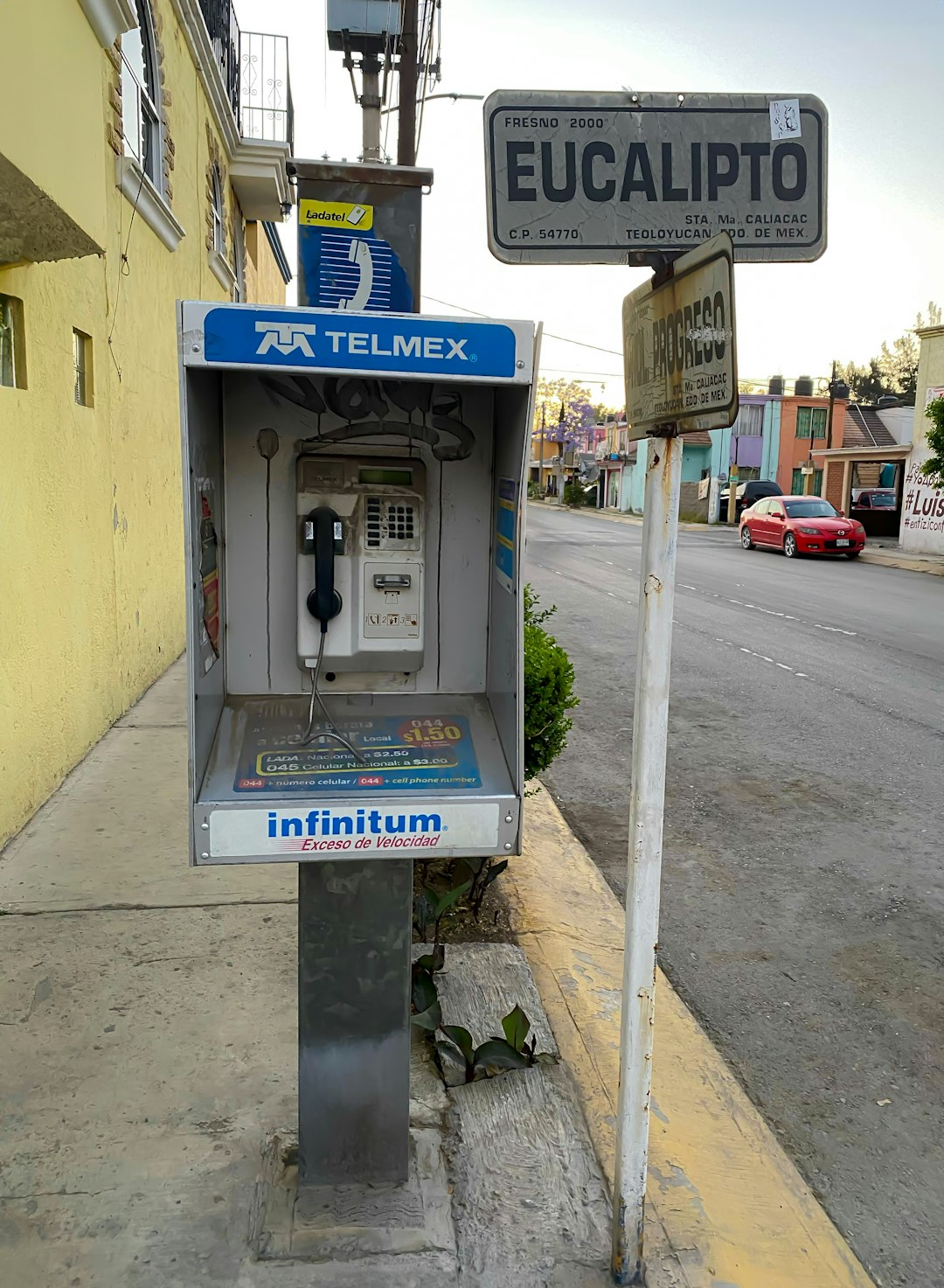
In Washington, as across many states, the Do Not Call (DC) registries play a critical role in protecting residents from unwanted calls. Lawyers specializing in this area serve as navigators in this complex landscape, ensuring compliance with DC regulations and safeguarding consumer rights. Their expertise is invaluable when it comes to understanding the nuances of these laws, which can be intricate and subject to change.
Unwanted call lawyers in Washington help businesses and organizations avoid penalties by guiding them through the process of registering their numbers, implementing best practices for call management, and providing legal counsel on dealing with consumer complaints. By leveraging their knowledge and resources, these attorneys empower clients to make informed decisions, thereby fostering a more transparent and compliant telephone communication environment for all residents.
